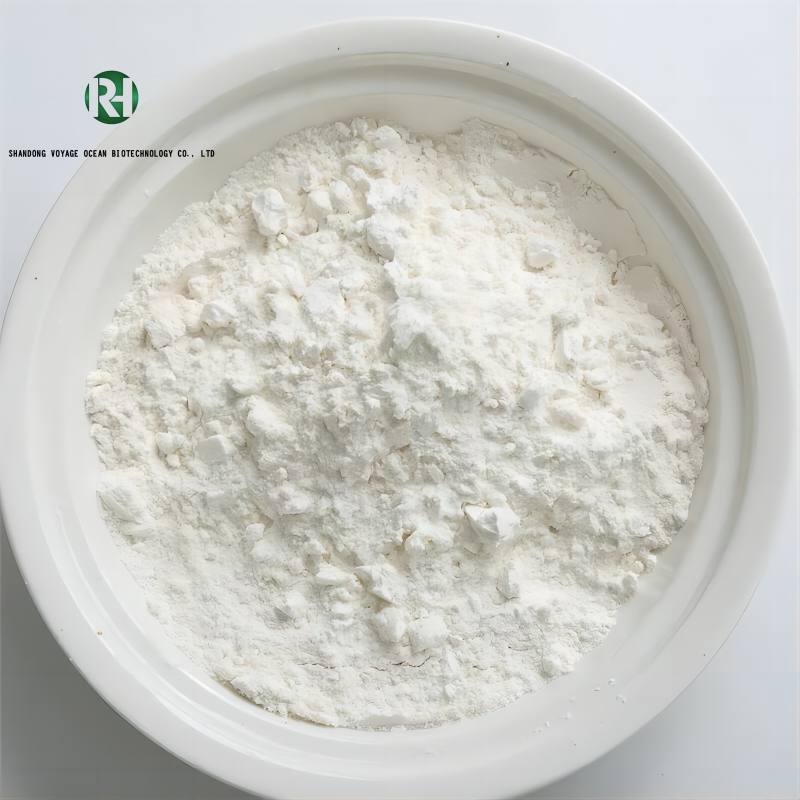-
Categories
-
Pharmaceutical Intermediates
-
Active Pharmaceutical Ingredients
-
Food Additives
- Industrial Coatings
- Agrochemicals
- Dyes and Pigments
- Surfactant
- Flavors and Fragrances
- Chemical Reagents
- Catalyst and Auxiliary
- Natural Products
- Inorganic Chemistry
-
Organic Chemistry
-
Biochemical Engineering
- Analytical Chemistry
- Cosmetic Ingredient
-
Pharmaceutical Intermediates
Promotion
ECHEMI Mall
Wholesale
Weekly Price
Exhibition
News
-
Trade Service
Introduction: Avacopan's effect on ANCA-associated angiotisitis anti-neutrocyte plasma antibody (ANCA)-related vasculitis patients are prone to life-threatening complications, including nephrotic damage caused by aggressive necrotized necrotized nephritis.
ANCA-related vasculitis can also lead to a decline in quality of life due to organ damage and toxicity of drugs, including long-term use of glucoticoids.
in the pathogenesis of ANCA-related vasculitis, the activation of alternative complement pathways leads to the production of end C5a is one of the important reasons.
Avacopan is an oral small molecule C5a subject antagonist that selectively blocks C5a's effects through C5a subjects (C5aR, also known as CD88), including blocking chemical lure and activation of neutral granulocytes.
avacopan in mouse models associated with ANCA, avacopan prevented the development of nephrotic cephalitis induced by anti-myelin peroxidase antibodies.
Avacopan showed effects on vasculitis in Phase 2 trials.
the researchers conducted a Phase 3 randomized trial (ADVOCATE) that compared the role of avacopan and the d diminishing number of Ponieson in patients with ANCA-related vasculitis who were treated with immunosuppressive drugs at the same time.
in this randomized controlled trial, the researchers assigned patients with ANCA-related vasculitis in a 1:1 ratio, taking Avacopan or orally at a dose of 30 mg twice a day or orally at a gradually reduced dose.
all patients were treated with cyclophosphamide (followed by thiopental) or lysoxidone.
's first major endpoint is remission, defined as week 26 birmingham vasculitis activity score (BVAS) of 0 (grades from 0 to 63, the higher the score indicates more disease activity), and the previous 4 weeks did not use glucoticoids.
second major endpoint is continuous remission, defined as both weeks 26 and 52.
two finishes were tested for non-inferiority (20 percentage points difference) and superiority.
331 patients were randomly grouped.
166 persons were assigned to the Avacopan group and 165 to the Pernieson group.
the average BVAS for both groups at baseline is 16.
in week 26 (the first major endpoint), 120 (72.3%) of the 166 patients in the Avacopan group were in remission, and 115 patients (70.1%) of the 164 patients in the Pernison group were in remission (70.1%) The estimated general difference is 3.4 percentage points; the confidence interval is 95% (CI), -6.0 to 12.8; non-shoddy P -lt;0.001; superiority P - 0.24).
at week 52 (the second major endpoint), 109 (65.7%) of the 166 patients in the Avacopan group continued to remission, while 90 (54.9%) of patients in the Pernisson group observed continuous remission (estimated common difference of 12.5 percentage points); CI is 95%, 2.6 to 22.3; non-shoddy, P slt;0.001; Superiority, P s 0.007).
the risk of serious adverse events (excluding worsening vasculitis) was 37.3 per cent in the Avacopan group and 39.0 per cent in the Pernisson group.
results showed that in this trial involving patients with ANCA-related vasculitis, Avacopan had a remission rate of no less than Pernisone at 26 weeks, but was better than Pernisone at 52 weeks.
all patients were treated with cyclophosphamide or lyxidium.
the trial did not discuss the safety and clinical efficacy of avacopan for more than 52 weeks.
original link: Avacopan for The Treatment of ANCA-Associated Vasculitis David R.W. Jayne, M.D., Peter A. Merkel, M.D., M.P.H. February 18, 2021 N Engl J Med 2021; 384:599-609 DOI: 10.1056/NEJMoa2023386MedSci Original Source: MedSci Original Copyright Notice: All noted on this website "Source: May The text, images and audio-visual materials of SMM or Source: MedSci Originals are owned by Mace Medical and may not be reproduced by any media, website or individual without authorization, and shall be reproduced with the words "Source: Metz Medicine".
all reprinted articles on this website are for the purpose of transmitting more information and clearly indicate the source and author, and media or individuals who do not wish to be reproduced may contact us and we will delete them immediately.
at the same time reproduced content does not represent the position of this site.
leave a message here







